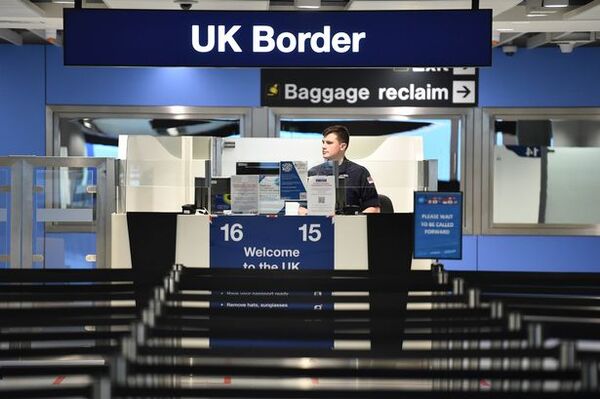In Lee v Ashers Baking Company Ltd., four years after the case began, the Supreme Court decisively ruled that the bakery's refusal to make a cake with a slogan supporting same-sex marriage was not discriminatory. The five justices of the Supreme Court were unanimous in their judgement.
The two directors of the bakery are pious Christians who oppose the notion of same-sex marriage as being inconsistent with their religious beliefs. Therefore, when Mr Lee, a gay man and active member of the LGBT community in Northern Ireland, asked for a cake to be decorated with the caption “Support Gay Marriage”, the bakery declined to do so on the basis that it was a Christian business.
Mr Lee saw the bakery’s refusal as an affront to his sexual orientation and consequently brought proceedings against it for discrimination. Judge Brownlie of the Belfast County Court held that, although the bakery would have supplied Mr Lee with a cake that did not have such a slogan and would have also refused an order for a cake with the same message from a heterosexual customer, the bakery’s refusal was because it opposes same-sex marriage which is indissociable from sexual orientation. The bakery appealed to the Northern Ireland Court of Appeal which held that Judge Brownlie had been correct to find that there had been direct discrimination on the grounds of sexual orientation.
The UK’s highest court, however, had an entirely distinct view on the matter. Lady Hale, giving the Supreme Court’s unanimous judgment, explained that the bakery’s objection was to the message on the cake, not to any personal characteristics of the messenger or of anyone with whom he was associated. The court, therefore, held that there was no evidence that the bakery had discriminated on the ground of sexual orientation.
Not only has the cake at the centre of this dispute, which originally would have cost £36.50, proved to be the most expensive in UK history, it has also raised concerns amongst the LGBT community and Equality Commission about the application of equality law in the commercial sphere.







